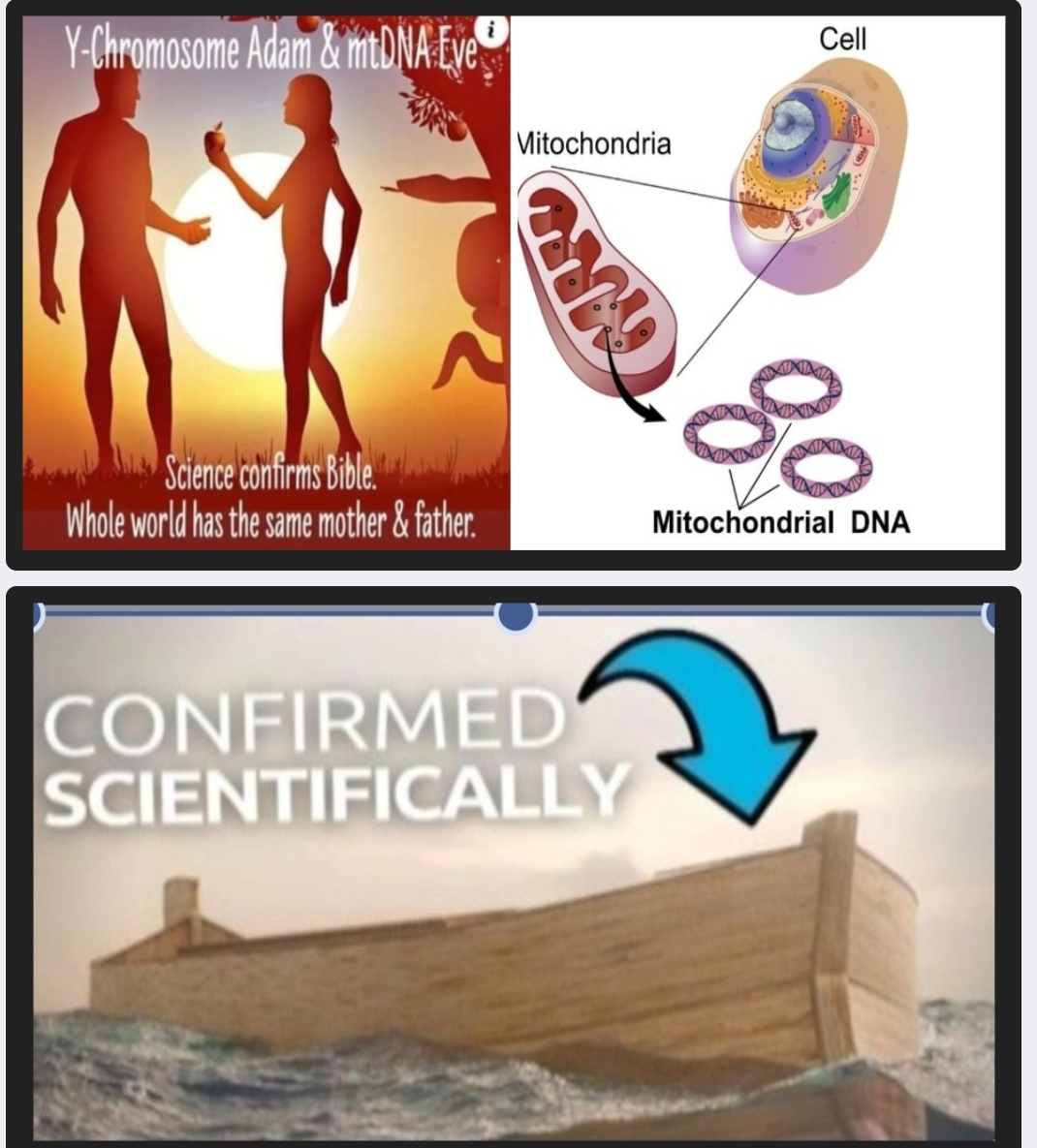Theistic Evolution is simply a form of concordism with a more "sophisticated veneer"
Biblical concordism is a way of interpreting the Bible that seeks to harmonize it with scientific knowledge. This can be done in a variety of ways, but the most common is to read the Bible literally and to assume that it is a scientific account of the origins of the universe and life. For example, some concordists believe that the six days of creation in Genesis 1 are literal 24-hour days, and that they correspond to the six major geological epochs.
There are two main types of concordism: hard concordism and soft concordism. Hard concordists believe that the Bible is literally true in all respects, and that it must agree with all scientific knowledge. Soft concordists, on the other hand, believe that the Bible is not always literal, and that it can be interpreted in a variety of ways. They may believe that the days of creation in Genesis 1 are symbolic, or that they represent different stages of development in the universe.
Concordism has been criticized by some scholars, who argue that it is a form of eisegesis (reading one's own ideas into the text) rather than exegesis (drawing out the meaning of the text). They also argue that it is not always possible to harmonize the Bible with scientific knowledge, and that doing so can lead to distortions of both the Bible and science.
Despite these criticisms, concordism remains a popular way of interpreting the Bible for many people. It offers a way of seeing the Bible as a reliable source of information about the natural world, and it can provide comfort and reassurance to those who believe that the Bible is literally true.
Here are some of the arguments for and against biblical concordism:
Arguments for:
The Bible is the inspired word of God, and therefore it must be true.
Science is a way of understanding the natural world, and therefore it must be compatible with the Bible.
Harmonizing the Bible with science can help people to understand both the Bible and science better.
Arguments against:
The Bible is not always literal, and therefore it cannot always be harmonized with science.
Science is constantly changing, and therefore it is not always possible to know what the Bible means in light of current scientific knowledge.
Harmonizing the Bible with science can lead to distortions of both the Bible and science.
Ultimately, whether or not to believe in biblical concordism is a matter of personal faith. There are strong arguments on both sides of the issue, and each individual must decide for themselves what they believe.
Theistic evolutionists often claim that they are not concordists, even though they do seek to harmonize the biblical creation account with the scientific theory of evolution. This is because concordism is often associated with young-earth creationism, which theistic evolutionists reject. However, theistic evolutionists still believe that the Bible and science can be reconciled, and they often use concordist methods to do so.
For example, some theistic evolutionists believe that the "days" of creation in Genesis 1 are not literal 24-hour days, but rather long periods of time. This is a form of concordism, because it attempts to reconcile the biblical account with the scientific evidence that the Earth is billions of years old.
Other theistic evolutionists believe that the biblical creation account is metaphorical, and that it does not provide a literal account of how the world was created. This is also a form of concordism, because it attempts to reconcile the Bible with the scientific theory of evolution, which does not require a literal creator.
In short, theistic evolutionists may not be concordists in the same way that young-earth creationists are, but they do use concordist methods to reconcile the Bible and science. This is why some people argue that theistic evolution is simply a form of concordism with a more sophisticated veneer.
Ultimately, whether or not theistic evolution is a form of concordism is a matter of definition. However, it is clear that theistic evolutionists do seek to harmonize the Bible and science, and they often use concordist methods to do so.




Comments
Post a Comment